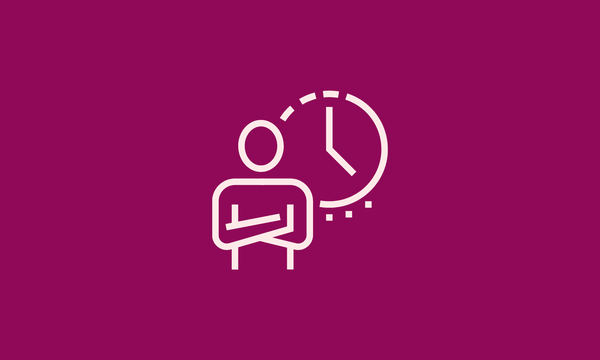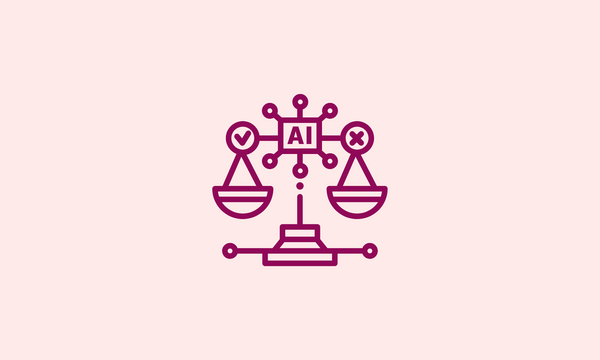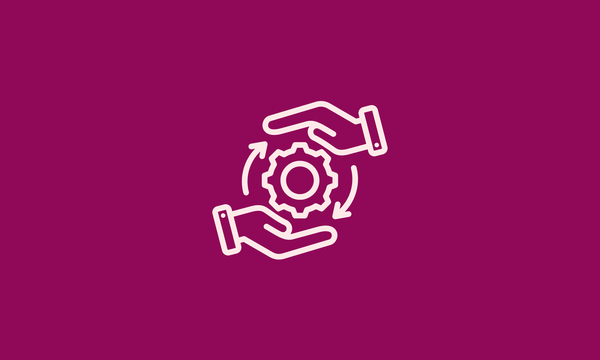The Privilege & Responsibility of Civic Tech
Earlier this month, I had the incredible privilege of attending the 2018 Code for All Summit in Bucharest, the annual gathering of ‘Code For’ groups and civic tech practitioners from around the world.
I use the term privilege intentionally. Attending the summit, learning from others, meeting old friends, and making new ones, made me feel privilegedto be a part of the global civic tech community. And in particular, the summit was a poignant reminder of how fortunate we are to be doing the work we do in Canada. 🇨🇦

Different contexts, different assumptions
Hearing about the impactful and in many cases, courageous, work being done by civic tech colleagues in other countries made me realize just how much we can take for granted. At Code for Canada, we generally assume the governments we engage with are benevolent, and that the public servants and politicians who comprise them are embracing new technologies out of a genuine desire to help the people they serve.
And when we, or our fellows, or the volunteers working at civic tech groups across Canada build new digital tools, we can assume the majority of residents (especially in larger cities, where, to date, most civic tech work is taking place) have access to a connected smartphone or laptop, and not just a privileged few.
But many in civic tech are working from a very different set of assumptions.
In Romania, civic tech looks like an election monitoring app developed by the team at Code for Romania to combat the very real problem of voting fraud.
In Hungary, civic tech looks like a crowdsourced data tool that empowers residents to open up data government officials would rather keep closed.
Or in some of the countries represented by Code for Africa, civic tech looks like digital campaigns and data journalism projects that work around, or even against, local governments. In the words of Code for Africa’s Director, Justin Arenstein, civic tech practitioners in their network must be cautious collaborating with government because “the last thing we want is more efficient and more powerful predators.”

Learning more about those civic tech projects and meeting the people behind them was humbling. Code for Canada has been able to do the work we do and deliver the projects we have because we can collaborate with governments. As Code for America founder Jennifer Pahlka noted in her Code for All keynote, “we work with government because it’s big and there’s a big upside.”
Our organization would look, feel and work differently if that wasn’t the case, but after attending the Code for All Summit, I’m grateful that it is.
United by process
Regardless of the contexts and assumptions different Code for All members are operating under, or the outcomes they’re aiming for, we’re united by the process of civic tech.
As Greg Kempe from Open Up said during his keynote, “the only thing holding our work together is the technique we use to make it.”
I think that technique or process is a great way to think about civic tech: it’s a particular method of applying technology and design that opens up space for participation, engages those affected, and addresses collective challenges.

The way Code for Canada helped (re)design the experience of veterans applying for public benefits is has a lot in common with how Code for Romania built its vote-monitoring tool. Both began with listening, surfacing the issues or problems people really care about (Code for Romania’s Olivia Vereha is fond of asking people “what keeps you up at night?”). Both were designed in tight, iterative feedback loops with stakeholders. And both were built so that others tackling similar challenges can easily adopt, adapt and scale the products.
For me, this is the value of Code for All; it’s a global brain trust of expertise and experience in the civic tech process. And by encouraging us to step out of our local contexts and look at the larger, shared picture of civic tech, Code for All helps us see just how effective the process has been at solving problems across an incredible diversity of geographies, cultures and contexts.

On the final day of the Code for All Summit, two keynote presentations wove the threads of civic tech and privilege together for me.
Khairil Yusof from Malaysia’s Sinar Project reminded the audience that “all of us in the civic tech space are extremely privileged.” By and large, we’re knowledge workers with post-secondary educations. We have access to the internet and can afford tech products. And we have the luxury of free time (or in my case, the luxury of a permanent, full-time career) to contribute to civic tech and/or open source projects.
Khairil urged us to always be asking “how can we be using this privilege more?”

Approaching civic tech with caution and care
He was followed by Vanessa Herringshaw of Hivos and the Transparency and Accountability Initiative. Vanessa relentlessly cut through the utopian rhetoric of [civic] tech and called on practitioners to balance our enthusiasm for change with the very real risk that technology can be — and often is — harmful.
For example, we risk disenfranchising or disempowering people if our enthusiasm for tech leads to replace functioning analogue systems with digital ones that don’t work for users. Or, by placing the “tech” ahead of the “civic,” we risk using technology to solve problems it can’t actually solve. This breeds a dangerous cynicism that can make it harder for civic tech to solve the problems that it can.
To “get clear” about this, Vanessa posited three fundamental questions for civic techies to answer:
- What kind of change are you really aiming for? For whom? Who decides?
- Does your approach really match the kind of change that is needed?
- What is the danger you will actually make things worse?
Watching the two keynotes back to back, it hit me that Vanessa answered Khairil’s question of how we can better use our privilege. Those of us doing civic tech in affluent countries with stable democracies can use our privilege to attend to our work with incredible care, caution and respect for residents. While still vitally important, our projects are often less urgent than an election or an earthquake, so we have the gift of time; there’s no excuse for inadvertently doing harm, or injecting more cynicism into a world that’s badly in need of trust.

The theme of the summit was “commit to change” (which I’ll admit is a pretty clever and subtle twist on code commits). As we return home from the Code for All Summit, those of us at Code for Canada can commit to recognizing our privilege, and to using it to always be asking — and answering — the questions Vanessa posed.
And if you’re working at the intersection of technology, civil society and government, we can commit to helping you do the same.
On behalf of everyone at Code for Canada, I want to thank Code for All and the team at Code for Romania for making my first summit so positive and productive. I’m already looking forward to the next summit!
You can visit the Code for All website to learn more about civic tech around the globe, and you can view all the keynotes from the summit on Code for Romania’s Facebook page.

End of articles list











